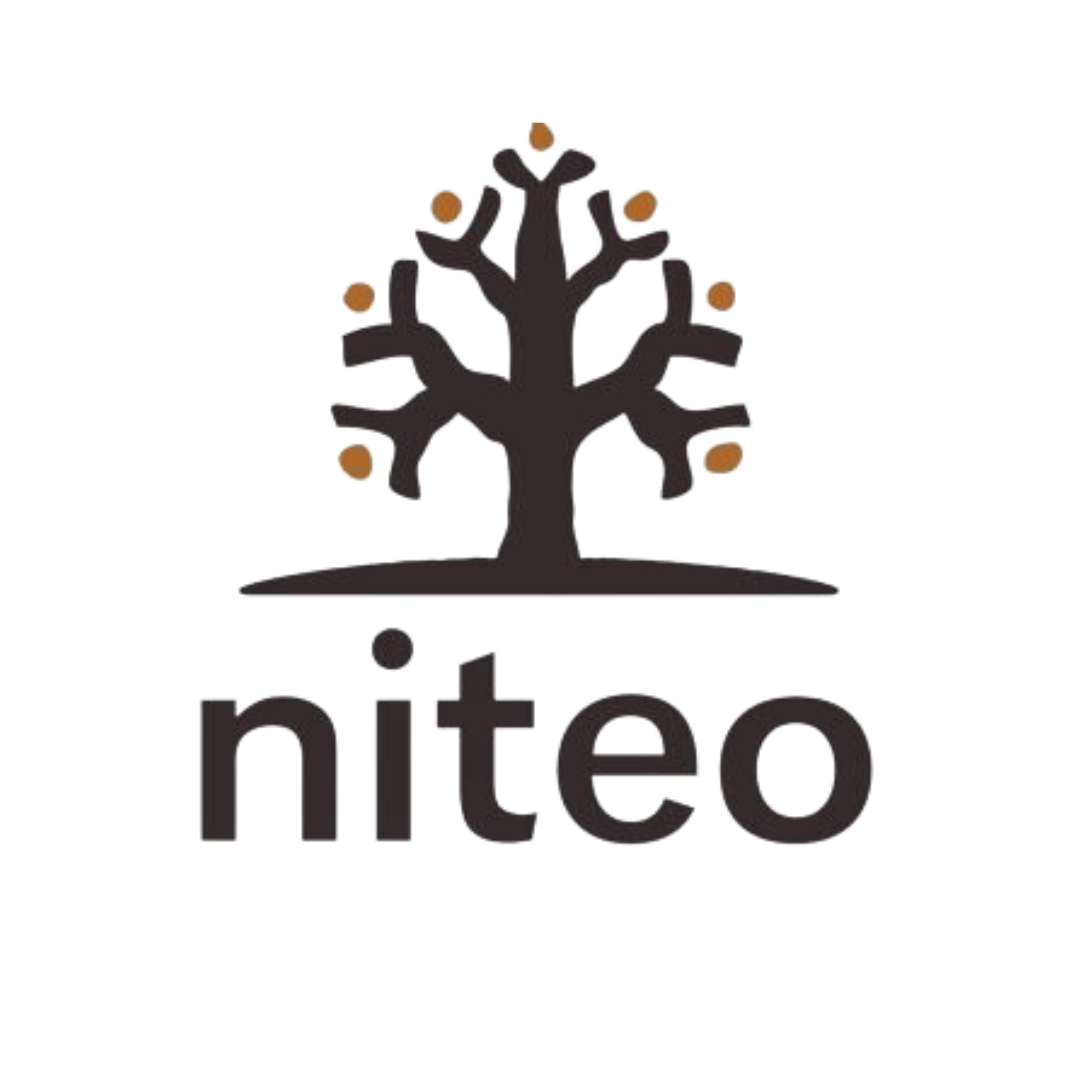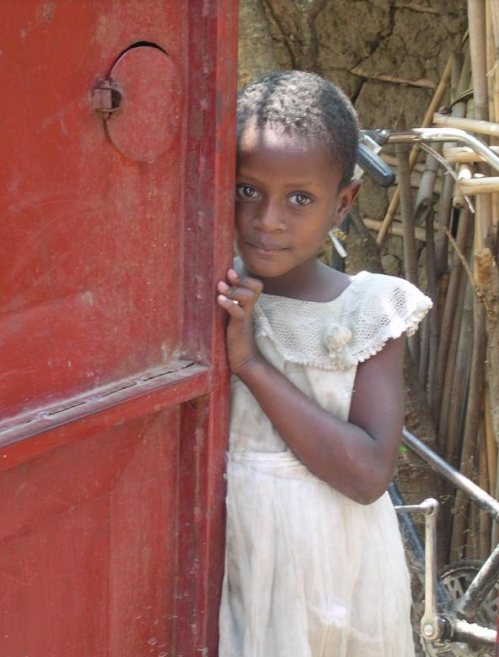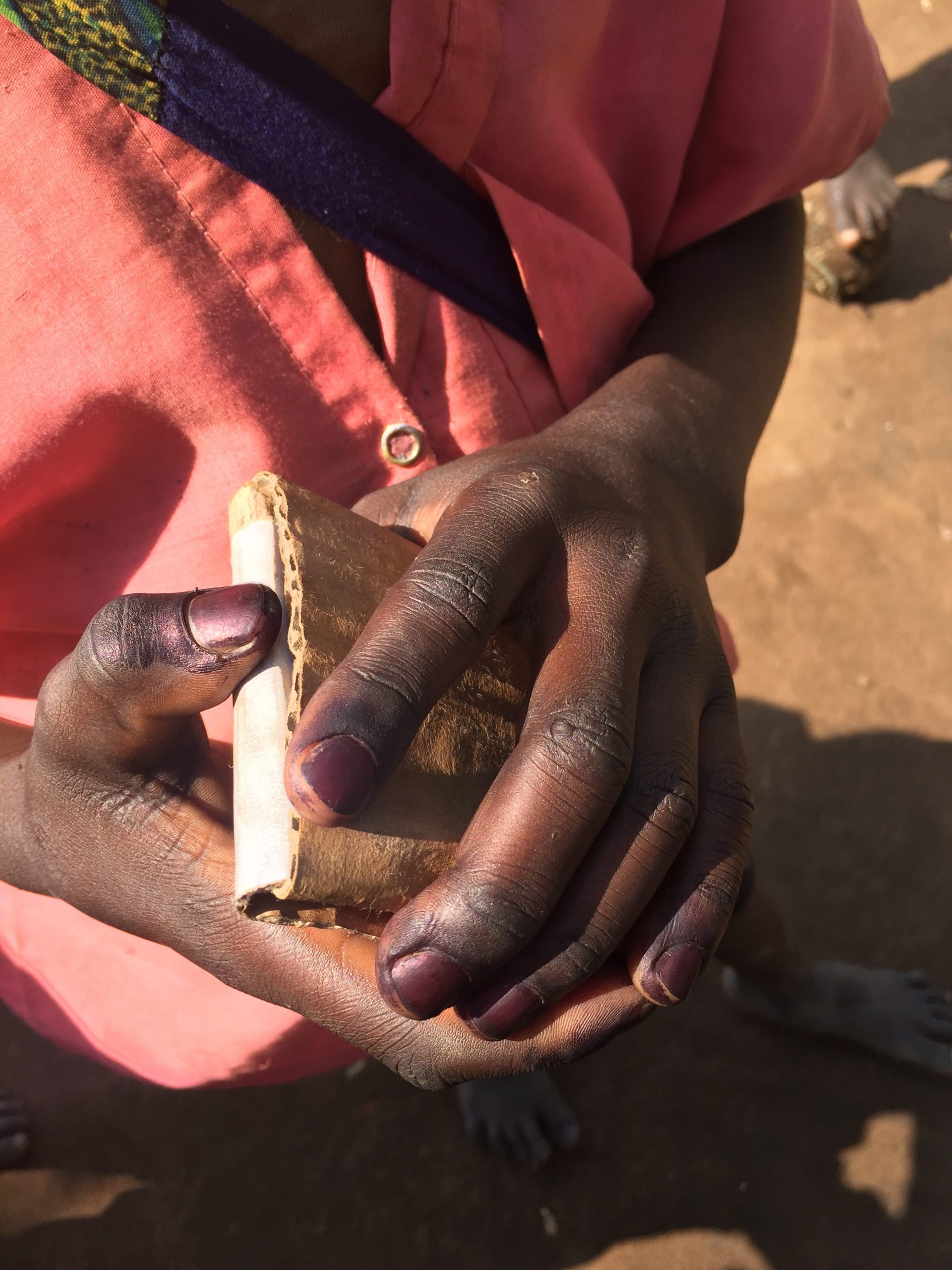Newsletters
A Manifesto on Literacy
By Karine Veldhoen and Dr. Susan Crichton Literacy is the most basic unit of change for the world. Literate children […]
No products in the cart.
By Karine Veldhoen and Dr. Susan Crichton Literacy is the most basic unit of change for the world. Literate children […]
Moses’ Treasure by Karine Veldhoen Moses had a package. It was homemade. The package was made out of corrugated cardboard […]


